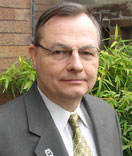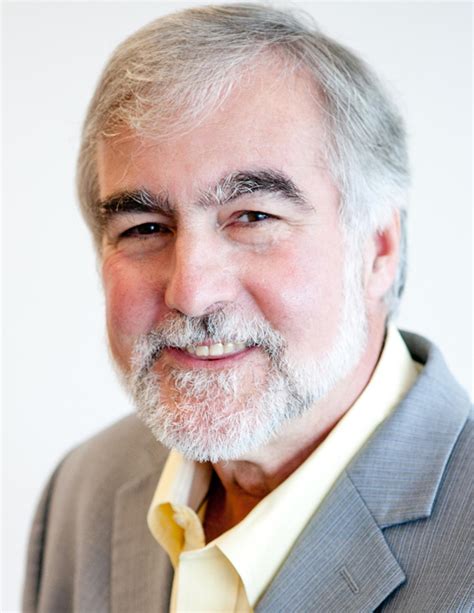A Quote by Huston Smith
the heart of religion is not altered states but altered traits of character. For me, then, the test of a substance's religious worth or validity is not what kind of far-out experience it can produce, but is the life improved by its use? That's the test. Now, on that score, if you remove the "religious cocoon," the experiences don't seem to have much in the way of discernible, traceable effects.
Related Quotes
Though we [Humanists] take a strict position on what constitutes knowledge, we are not critical of the source of ideas. Often intuitive feelings, hunches, speculation, and flashes of inspiration prove to be excellent sources of novel approaches, new ways of looking at things, new discoveries, and new information. We do not disparage those ideas derived from religious experience, altered states of consciousness, or the emotions; we merely declare that testing these ideas against reality is the only way to determine their validity as knowledge.
Religion that is imposed upon its recipients turns out to engender either indifference or resentment. Most American religious leaders have recognized that persuasion is far more powerful than coercion when it comes to promoting one's religious views. . . . Not surprisingly, then, large numbers of religious leaders have supported the Supreme Court in its prayer decisions.
Certainly Christianity is an experience, but equally clearly the validity of ane experience has to be tested. There are people in lunatic asylums who have the experience of being the Emperor Napoleon or a poached egg. It is unquestionably an experience, and to them a real experience, but for all that it has no kind of universal validity. It is necessary to go far beyond simply saying that something comes from experience. Before any such thing can be evaluated at all, the source and character of the experience must clearly be investigated.
I say that creeds, dogmas, and theologies are inventions of the mind. It is the nature of the mind to make sense out of experience, to reduce the conglomerates of experience to units of comprehension which we call principles, or ideologies, or concepts. Religious experience is dynamic, fluid, effervescent, yeasty. But the mind can't handle these so it has to imprison religious experience in some way, get it bottled up. Then, when the experience quiets down, the mind draws a bead on it and extracts concepts, notions, dogmas, so that religious experience can make sense to the mind.
I consider the government of the United States as interdicted by the Constitution from intermeddling with religious institutions, their doctrines, discipline, or exercises. This results not only from the provision that no law shall be made respecting the establishment or free exercise of religion, but from that also which reserves to the States the powers not delegated to the United States. Certainly, no power to prescribe any religious exercise or to assume authority in any religious discipline has been delegated to the General Government. It must then rest with the States.
To those who think that all this sounds like science fiction, we point out that yesterday's science fiction is today's fact. The Industrial Revolution has radically altered man's environment and way of life, and it is only to be expected that as technology is increasingly applied to the human body and mind, man himself will be altered as radically as his environment and way of life have been.


































